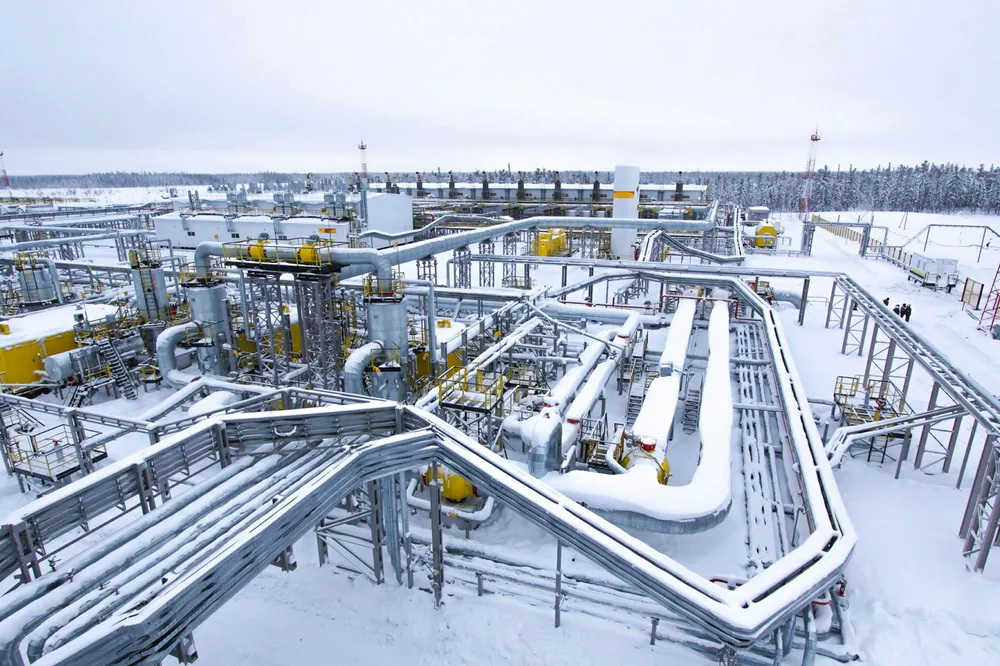Gazprom finally connects Rosneft-BP operated gas field to pipeline network
Field is a major asset that Rosneft hopes will enable it to reach long-declared target of annual gas production of 100 billion cubic metres

Field is a major asset that Rosneft hopes will enable it to reach long-declared target of annual gas production of 100 billion cubic metres
